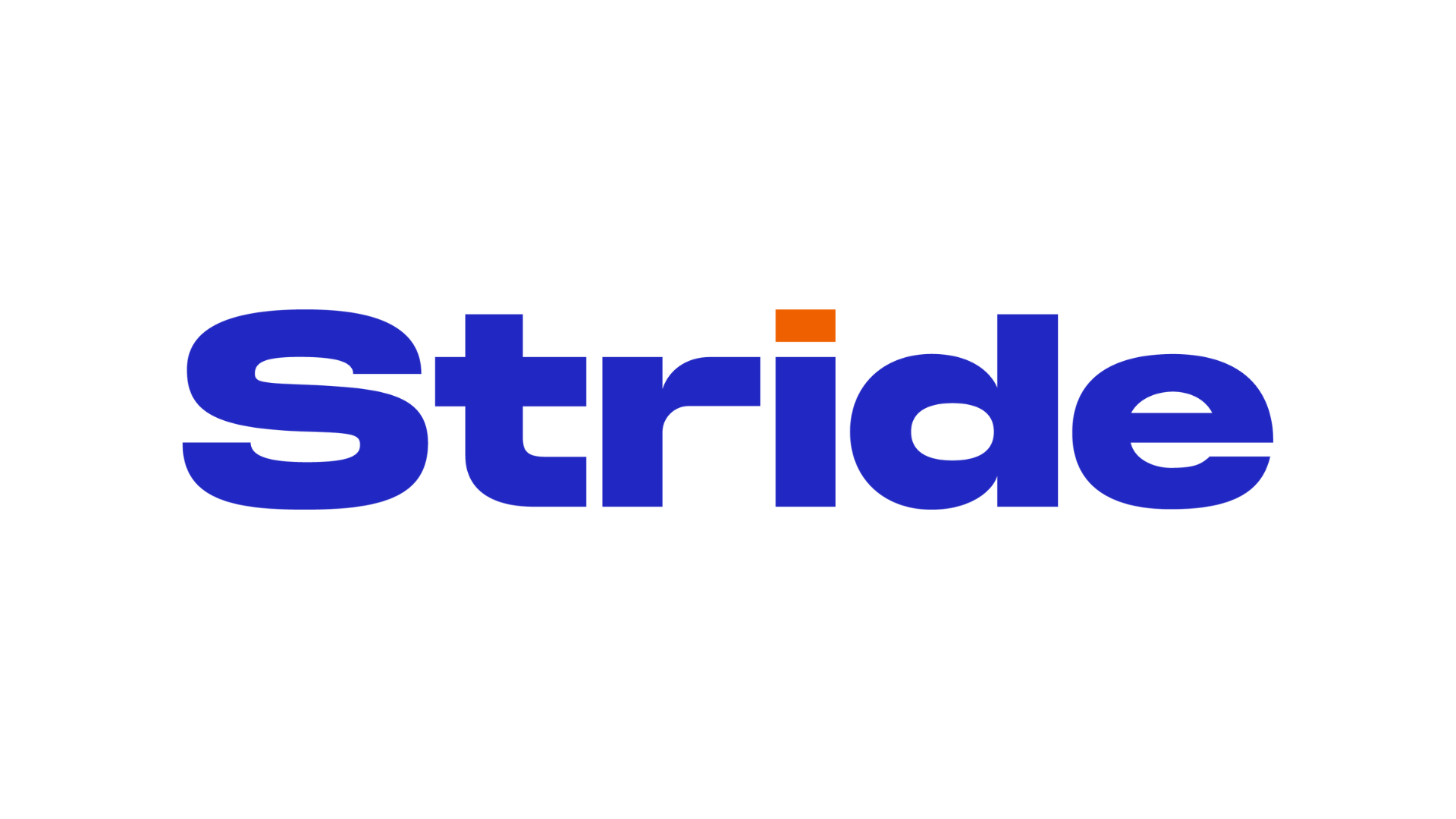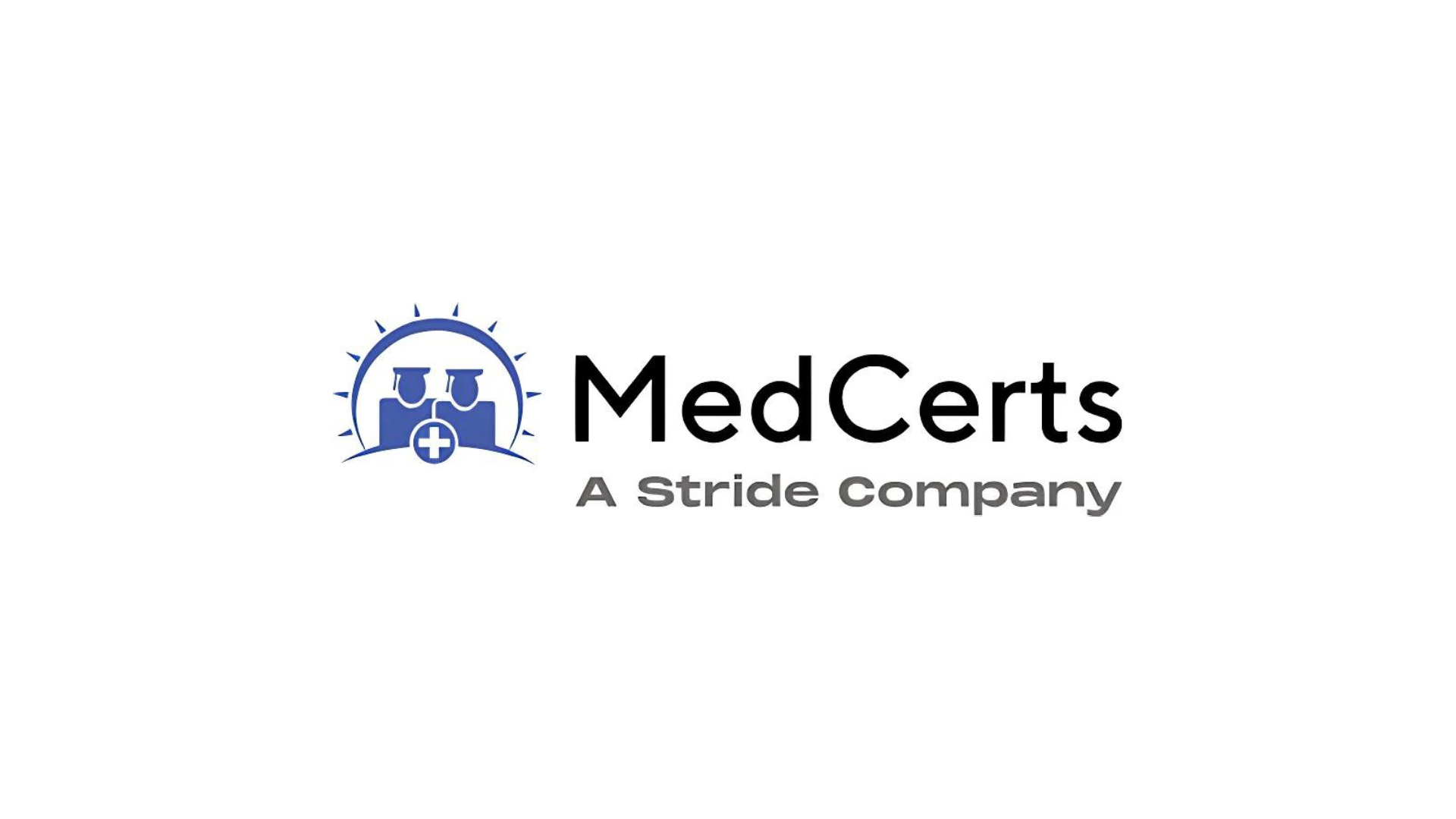Learning is an adventure with game-based learning
RESTON, Va.–(BUSINESS WIRE)– As part of its commitment to helping students of all ages reach their full potential, Stride, Inc. (NYSE: LRN) is now offering more content options that feature immersive and interactive game-based learning.
Stride has created a new collection of exclusive game-based lessons in Minecraft Education—a game comprised of blocks in which students learn by exploring different worlds. These interactive lessons have been integrated into K12-powered courses and are available within the Learning Hub, a digital teaching tool that allows educators to customize their respective courses with Stride assessments and other learning tools.
“At Stride, we want to keep students engaged and encourage them to have fun as they learn,” said Niyoka McCoy, Stride’s Chief Learning Officer. “Research shows that games are a powerful teaching tool that can help increase participation and promote social emotional learning. Through Minecraft Education, we’re helping bring lessons to life.”
In each Minecraft Education world, students navigate through interactive lessons, many of which can be explored by following different paths. In each lesson, students are immersed in topics related to history, science, and English language arts.
For the 2023–2024 school year, Stride has added the following Minecraft Education lessons:
- In 3rd to 5th grade English Language Arts courses, students will explore the Library League, a virtual text archive inspired by the Library of Congress designed to support course learning objectives. Students can read from a selection of Stride-proprietary folktales, mysteries, and biographies, review key themes, and complete build challenges inspired by their reading.
- In 4th and 5th grade Early American History courses, students can travel back in time to historical points of interest:
- Travel to historic Jamestown: Students will interact with historical figures and participate in relevant activities around an interactive village, such as gathering wheat, trading, and building a log house.
- Witness the signing of the U.S. Constitution: Using clues, students find and identify many of the Founding Fathers and explore Constitution Hall.
- In 6th and 7th grade World History I courses, students can visit different places and time periods:
- Students learn about life in prehistoric times in Hunters-Gatherers: Students will complete challenges and review cave art depicting prehistoric life.
- Explore life in ancient Egypt: Here, students will learn about Egyptian gods, interact with characters, and complete challenges, including stopping thieves in the Great Pyramids and building a monument to honor Ramses II.
- Travel through ancient Rome: Students can meet exciting characters and take part in historical activities, such as fighting gladiators in the Colosseum, riding a chariot around the Circus Maximus, finding artifacts in the ruins of Mount Vesuvius, and visiting the Roman Forum and a bath house.
- In 4th, 5th, 6th, or 8th grade Early American History courses (depending on each school’s curriculum), students can discover what life was like before and during the U.S. Civil War. Through interactive storytelling, students can learn about notable and essential figures like Harriet Tubman and Sojourner Truth and read short biographies from the award-winning Rebel Girls series Good Night Stories for Rebel Girls. They can virtually travel along the Underground Railroad, visit Fort Sumter and the White House, and learn about the importance of the Emancipation Proclamation.
- In 7th grade Summit Life Science, students will join a team of experts at a rehabilitation laboratory and build a sustainable city in the Ocean Climate Impact Challenge. Students will complete challenges related to ocean conservation, including removing pollution, restoring ocean quality, and saving a sea turtle. They will also learn how humans can modify their behavior to prevent further pollution and help restore ocean ecosystems.
- In 8th and 9th grade Physical Science courses, students can rescue a team of scientists following a radiation storm that struck their research base on a distant planet in Atomic Rescue. Students will apply physical science concepts such as atomic mass and the periodic table’s structure to build key elements and compounds while conducting experiments in the labs of famous scientists.
In the Learning Hub, Stride educators can select resources from the above Minecraft Education collection based on each learner’s specific needs and preferences.
For more information about Stride, please visit www.stridelearning.com.
About Stride, Inc.
At Stride, Inc. (NYSE: LRN), we are reimagining learning—where learning is lifelong, deeply personal, and prepares learners for tomorrow. The company has transformed millions of people’s teaching and learning experiences by providing innovative, high-quality, tech-enabled education solutions, curriculum, and programs directly to students, schools, the military, and enterprises in primary, secondary, and postsecondary settings. Stride is a premier provider of K–12 education for students, schools, and districts, including career learning services through middle and high school curriculum. For adult learners, Stride delivers professional skills training in healthcare and technology, as well as staffing and talent development for Fortune 500 companies. Stride has delivered millions of courses over the past decade and serves learners in all 50 states and more than 100 countries. More information can be found at stridelearning.com, K12.com, galvanize.com, techelevator.com, and medcerts.com.
Rachel Gonzalez
Stride, Inc.
Corporate Communications
[email protected]
Source: Stride, Inc.




